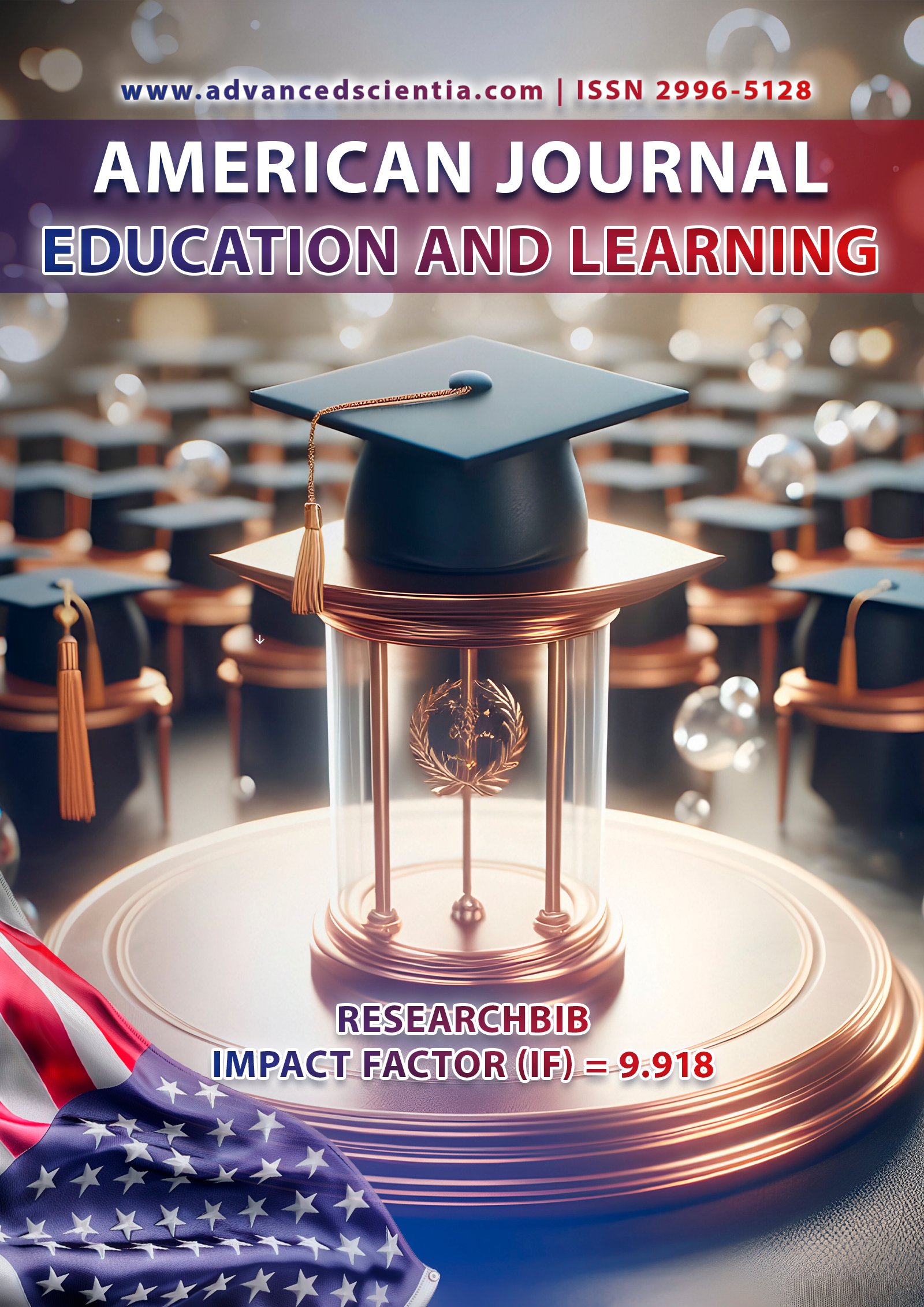ESP AND EAP FOR FUTURE EDUCATORS: PREPARING FOR INTERNATIONAL TEACHING ENVIRONMENTS
Abstract
In today’s globalized educational landscape, English for Specific Purposes (ESP) and English for Academic Purposes (EAP) play a critical role in equipping future educators with the necessary linguistic and pedagogical competencies for international teaching environments. This study explores how ESP and EAP frameworks contribute to teacher preparation, emphasizing linguistic proficiency, cultural adaptability, and classroom communication strategies. Using a mixed-methods approach, data were collected through surveys and interviews with pre-service teachers in Uzbekistan preparing for international teaching roles. The results highlight the need for a specialized curriculum that integrates ESP and EAP principles into teacher education programs. The study concludes that embedding these frameworks enhances educators’ ability to teach effectively in diverse cultural and academic settings, ultimately improving global education quality.
References
Basturkmen, H. (2010). Developing courses in English for specific purposes. Palgrave Macmillan.
Dudley-Evans, T., & St. John, M. J. (1998). Developments in English for specific purposes: A multi-disciplinary approach. Cambridge University Press.
Flowerdew, J., & Peacock, M. (2001). Research perspectives on English for academic purposes. Cambridge University Press.
Hyland, K. (2006). English for academic purposes: An advanced resource book. Routledge.
Hyland, K. (2019). Second language writing. Cambridge University Press.






















